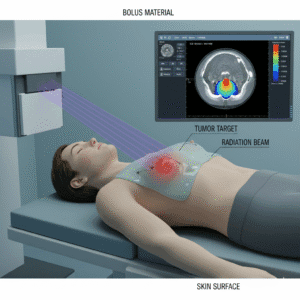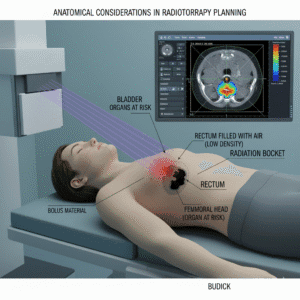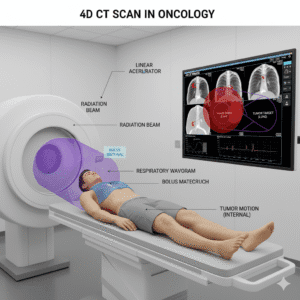
Cancer Info
Causes & Risk Factors for Cancer
What is cancer?
Cancer is a disease that occurs when cells in the body begin to grow uncontrollably. Normally, cells grow and divide in a controlled way to replace old or damaged cells. However, when this process goes wrong, cells can grow out of control, forming a mass called a tumor or spreading throughout the body.
How does cancer start?
Cancer starts when the DNA inside a cell is damaged or mutated. DNA is the genetic material that controls how cells function, grow, and divide. When DNA is damaged, it can cause cells to behave abnormally, such as growing too quickly or not dying when they should. These abnormal cells can multiply, leading to the formation of a tumor.
What causes DNA damage that leads to cancer?
DNA damage can be caused by a variety of factors, including:
- Genetic factors: Some people inherit mutations in their DNA that increase their risk of cancer.
- Environmental factors: Exposure to harmful substances, like tobacco smoke, radiation, certain chemicals, and even excessive sunlight, can damage DNA.
- Lifestyle factors: Poor diet, lack of exercise, and exposure to toxins can contribute to DNA damage.
- Random mutations: Sometimes, DNA damage occurs simply due to random errors that happen when cells divide.
What are the different types of cancer?
There are many types of cancer, each named for the part of the body where it starts. Common types include:
- Carcinomas: Cancers that begin in the skin or the tissues that line internal organs.
- Sarcomas: Cancers that start in the bone, muscle, or connective tissue.
- Leukemias: Cancers of the blood and bone marrow.
- Lymphomas: Cancers that begin in the immune system.
Can cancer spread to other parts of the body?
Yes, cancer can spread to other parts of the body through a process called metastasis. When cancer cells break away from the original tumor, they can travel through the bloodstream or lymphatic system to other areas of the body, forming new tumors.
Can cancer be prevented?
While not all cancers can be prevented, there are steps you can take to reduce your risk:
- Avoid tobacco: Smoking and tobacco use are major causes of cancer.
- Eat a healthy diet: A diet rich in fruits, vegetables, and whole grains can help lower your risk.
- Exercise regularly: Regular physical activity helps maintain a healthy weight and lowers cancer risk.
- Limit alcohol: Drinking alcohol in moderation can reduce your risk of certain cancers.
- Protect your skin: Use sunscreen and avoid excessive sun exposure to lower your risk of skin cancer.
How is cancer detected?
Cancer can be detected through a variety of methods, including screening tests (like mammograms or colonoscopies), imaging tests (like CT scans or MRIs), blood tests, and biopsies. Early detection is crucial because it increases the chances of successful treatment.
What should I do if I’m worried about cancer?
If you’re concerned about your risk of cancer or have noticed any unusual symptoms, it’s important to talk to your doctor. They can assess your risk, recommend screening tests, and provide advice on lifestyle changes to help lower your risk.
Understanding how cancer starts is the first step in taking control of your health. If you have more questions, don’t hesitate to reach out to your Oncologist for personalized information and support




